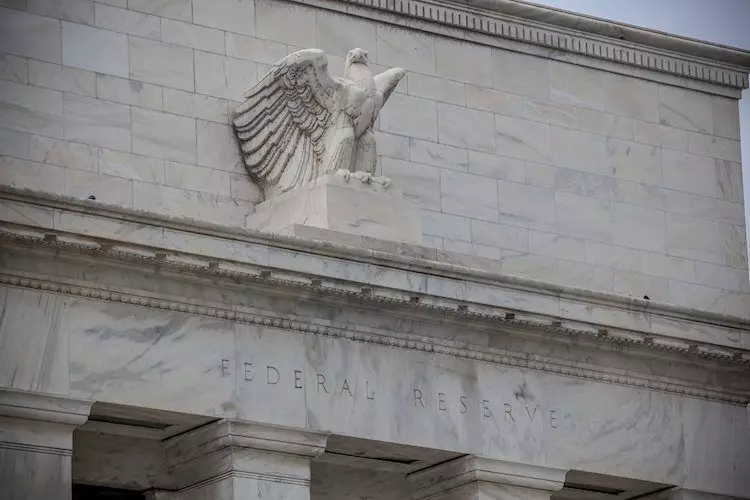The US markets were closed recently as the country celebrated its journey towards independence, commemorating its freedom from rule by a monarch. This historical event showcases the importance of democracy and independence in the country’s foundation. However, despite such a significant occasion, there has been speculation in the media regarding US President Biden’s potential candidacy for re-election.
According to UBS’s macro analyst Paul Donovan, markets are not likely to react strongly to the speculation about Biden’s re-election candidacy at this stage. The focus of the markets remains primarily on the probabilities of economic policy change. The stability of the democratic process, such as the recent general election in the UK under a constitutional monarchy, demonstrates a sense of predictability in the outcome for markets. This predictability allows investors to make informed decisions based on the likely results, even amidst a media blackout until the polls close.
The Federal Reserve (Fed) recently released minutes from its June meeting, indicating a cautious approach towards cutting rates. The Fed expressed a desire for more evidence of cooling inflation before considering rate cuts, which has left some economists, including Paul Donovan, feeling frustrated. Despite harmonized inflation being below 2% and signs of deflation in various sectors of the US economy, there seems to be a lack of urgency in addressing the slowdown. The question remains: how much more evidence is needed before action is taken?
In contrast to the Fed’s cautious approach, the European Central Bank (ECB) has hinted at the possibility of further rate cuts this year. The publication of an ‘account’ of its meetings often feels like a lengthy anecdote without a clear conclusion. Investors are anticipating two more rate cuts following the trend of decreasing inflation. This expectation aligns with the global trend of central banks adopting accommodative monetary policies to stimulate economic growth.
The impact of political stability on financial markets is evident in the cautious approach of central banks towards economic policy changes. While historical events like independence anniversaries and general elections may create media speculation, the focus remains on the predictability of outcomes and the evidence of economic trends. As investors navigate through uncertainty, understanding the interplay between political stability and market reactions becomes crucial in making informed decisions.

